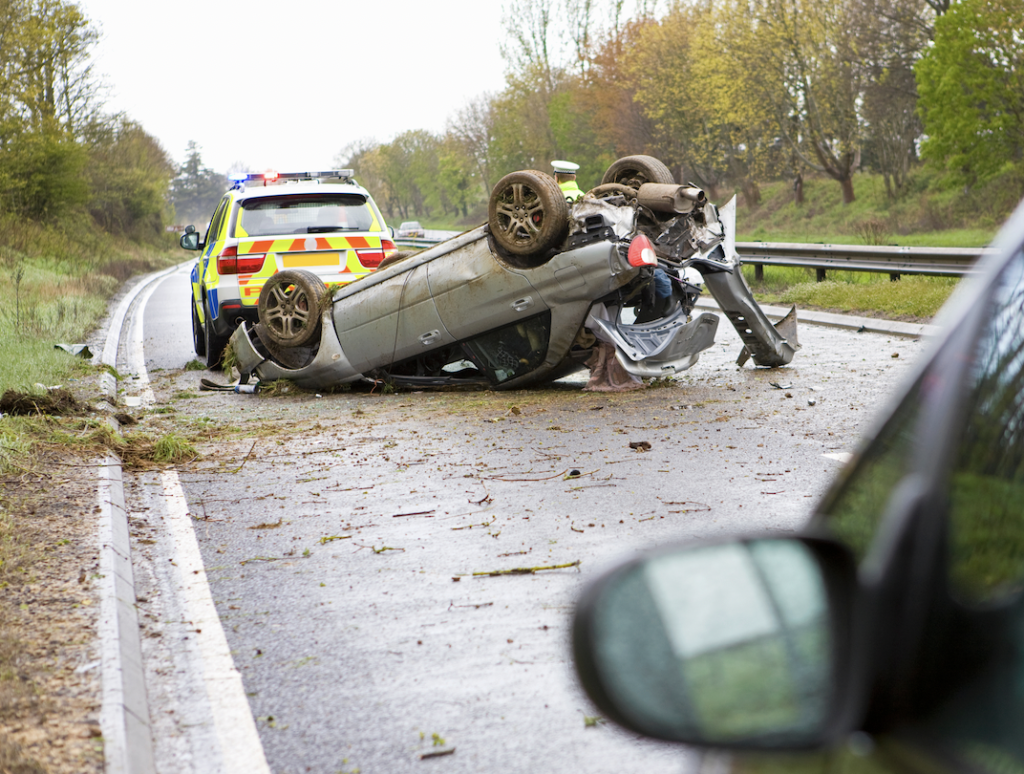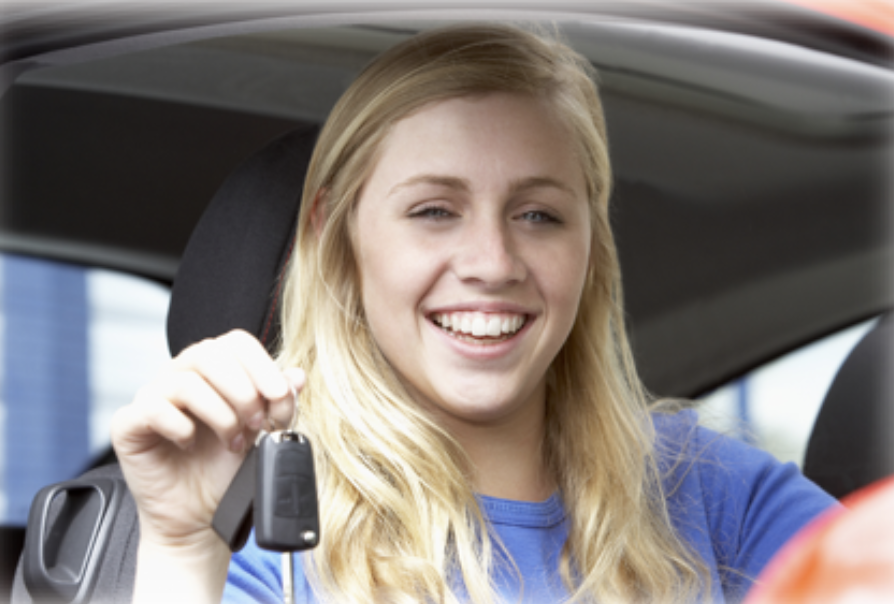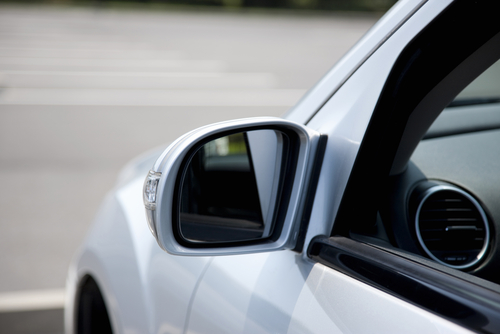Also known as a GDL (Graduated Driving Licence) is a phased system of driving, which allows young and new drivers to gain driving experience whilst minimising their road-risk. A graduated driving licence has been effective in reducing injuries and deaths among young and new drivers – who are involved in a disproportionately high number of serious and fatal road collisions. According to the road safety charity Brake, Young and novice drivers in the 17-24 age group make up 7% of licence holders but are involved in 24% of fatal collisions on UK roads.
Why are young drivers at such risk?
It’s a very simple yet deadly equation. {A lack of experience} + {overestimation of driving ability} + {a propensity to take more risks} + {thrill seeking} + {a sense of fredom} + {a list of other points}
When young drivers have friends in the car, they are more likely to chat, laugh, have fun and not concentrate. Younger people, by their more energetic nature, do this to a much greater degree. This is often when things go badly wrong.
Some drivers will fall into all elements of this equation, while others not so much. It’s important to understand that there are very good young drivers out there. The problem is, collectively, they are the highest-risk group of drivers.

Key risk factors
Carrying passengers – Young drivers like to show off. Not all, but a lot do. A lot of them are also males, who, by their nature, take more risks and enjoy showing off more. A car full of passengers around the same age are four times more likely to be involved in a fatal crash compared to when driving alone. However, when driving adult passengers young drivers are less likely to crash. This indicates peer pressure could be an issue.
Driving at night – Younger drivers have a higher proportion of collisions late at night and early in the evening. At night, they are more likely to be driving for recreational purposes, are more likely to be under the influence of drink or drugs and take risks due to peer pressure. They are also, like drivers of all ages, more likely to be tired. Many drivers, not just young drivers, are often under the illusion that because the roads are quieter at night, it’s safer for them to speed or take other risks. The fact is night driving is risky as you don’t always see hazards such as wild animals, drunk pedestrians, unlit cyclists and more. Dazzel from oncoming traffic can also catch drivers out, and the night can make it harder to detect movement and judge distances from hazards.
Speeding – Young drivers often underestimate the risks associated with speed. They find it fun and exhilarating and do not think too much about the consequences. After all, crashes happen to other drivers…….Speed can be fun and exhilarating – its not just the young who think that. Its just older drivers think more about the consequences of speed.
Graduated driving licences – what are the options?
There is a wide range of options which would fall under a form of graduated driving licences. These would include
- Speed Limits – new drivers would be restricted to lower speeds
- Engine power – drivers would be limited to driving vehicles with a power output limits
- Mandatory P places – needed for up to two years after passing a test
- Passenger numbers – a legal limit on how many passengers a new driver can have
- Curfews – limiting new drivers to certain times of the day
What do we think?

Having trained thousands of drivers of all ages, including many younger drivers, we are well aware of the risks younger drivers pose. We support a graduated driving licence approach in the UK. Here are a few suggestions we feel could work:
* No more than one passenger for the first two years. (Exemptions: driver is at work, one passenger is aged 25+)
* Curfews – No driving between the hours of 11:30pm and 4am for the first two years. (Exemptions: driver is at work or driving to or from work).
* Points above would apply to new drivers aged 17-24.
We don’t think there is any need for more than this. This approach will help lower the number of one-car multiple-death occurrences, which often occur late at night. There must be exemptions in place, however.
Will graduated driving licences happen?
As much as it’s a good idea and will save lives, we are not sure if we will see this in the UK, or not for many years at least. We offer bespoke driving courses for younger drivers across the UK, designed to give the skills younger drivers simply don’t have and won’t have for many years, if at all.
You can learn more about these courses here.

